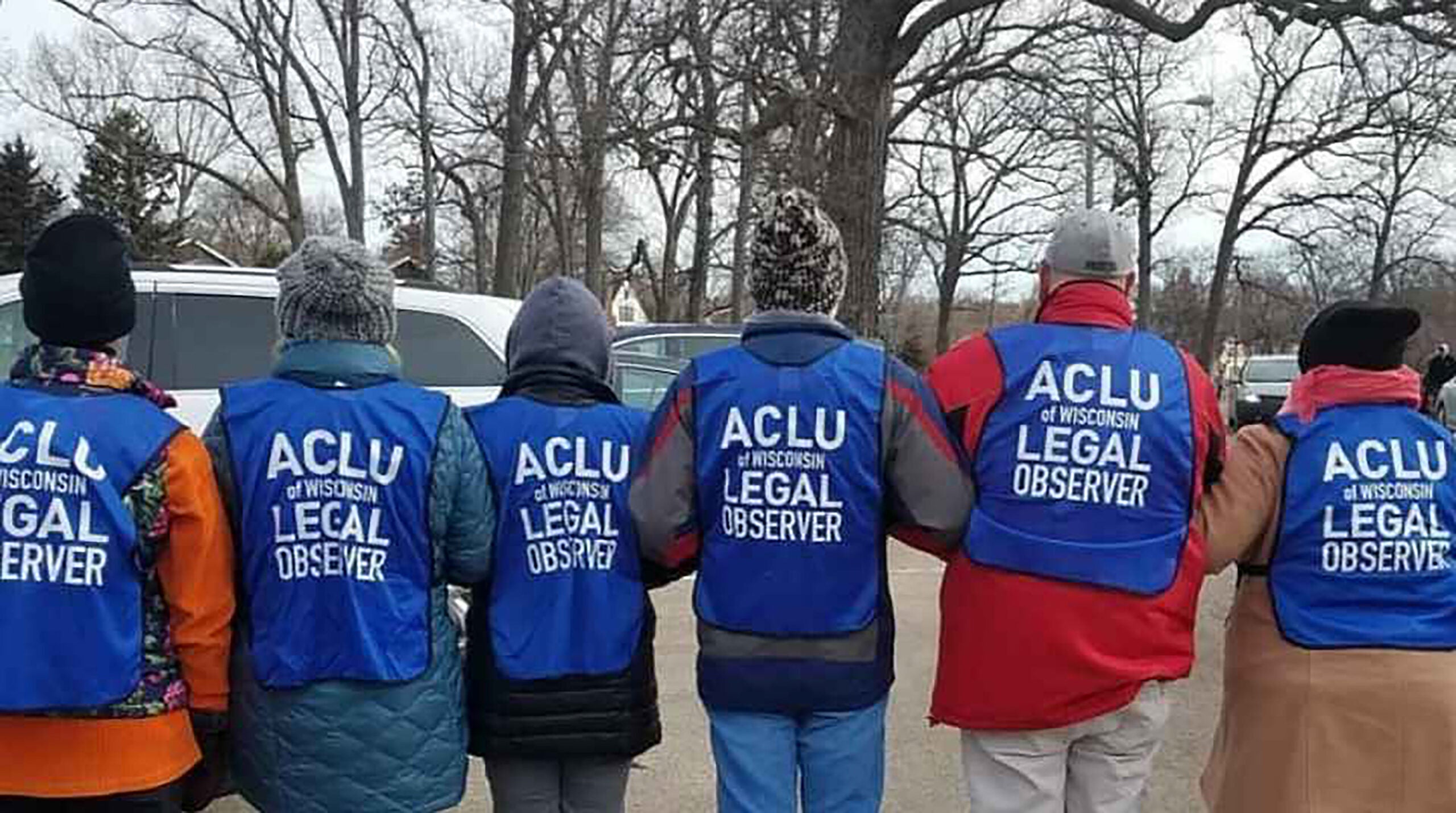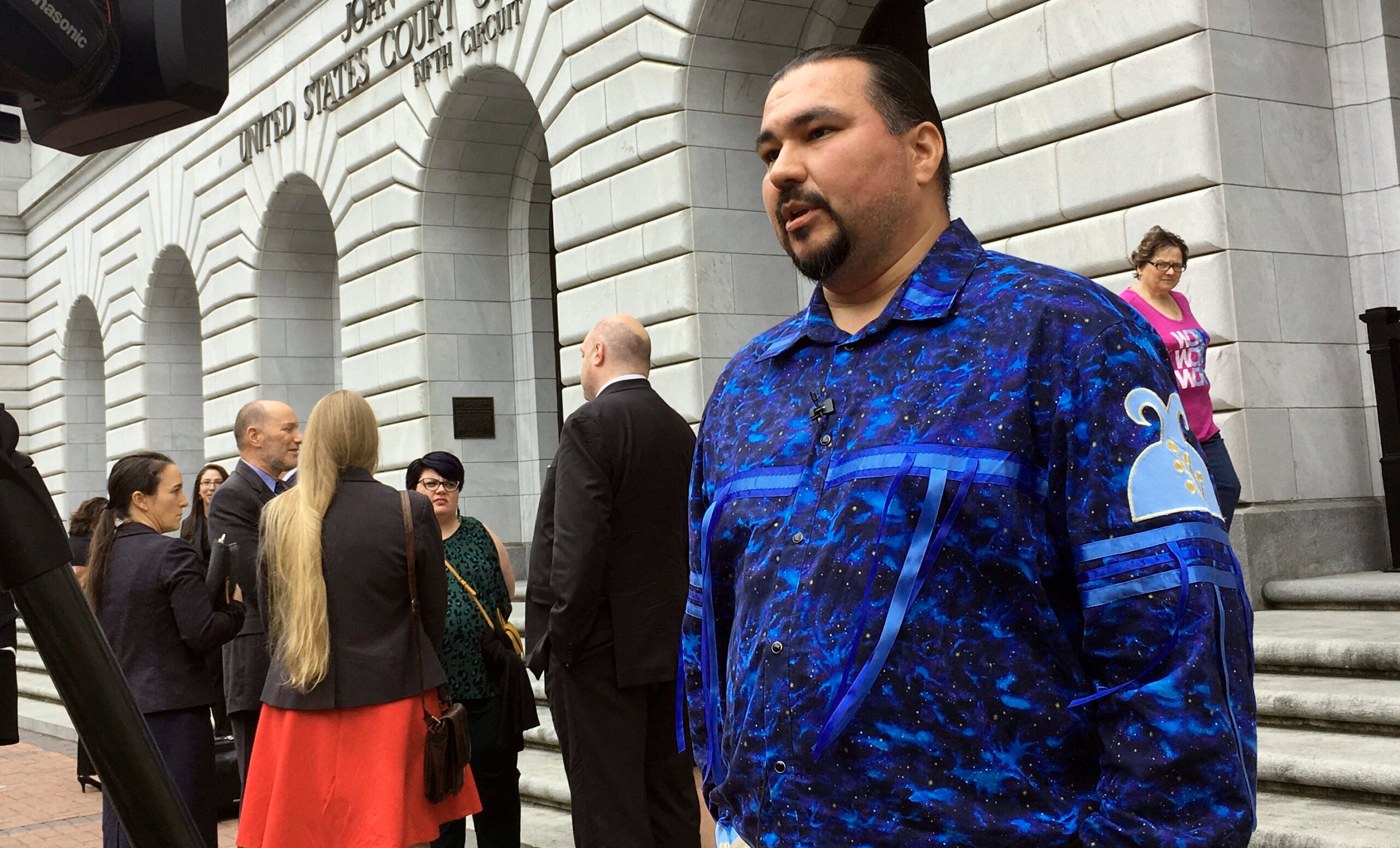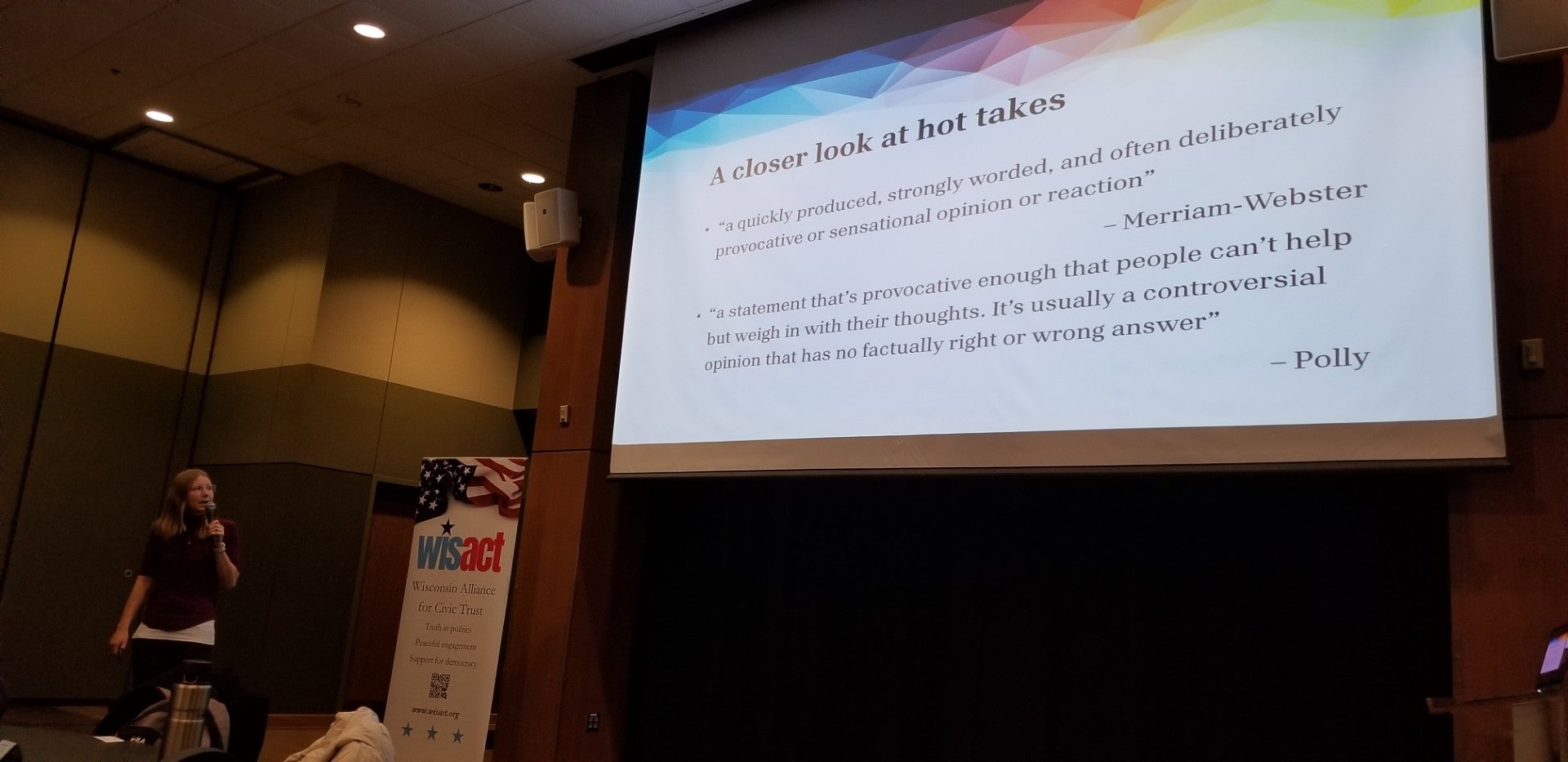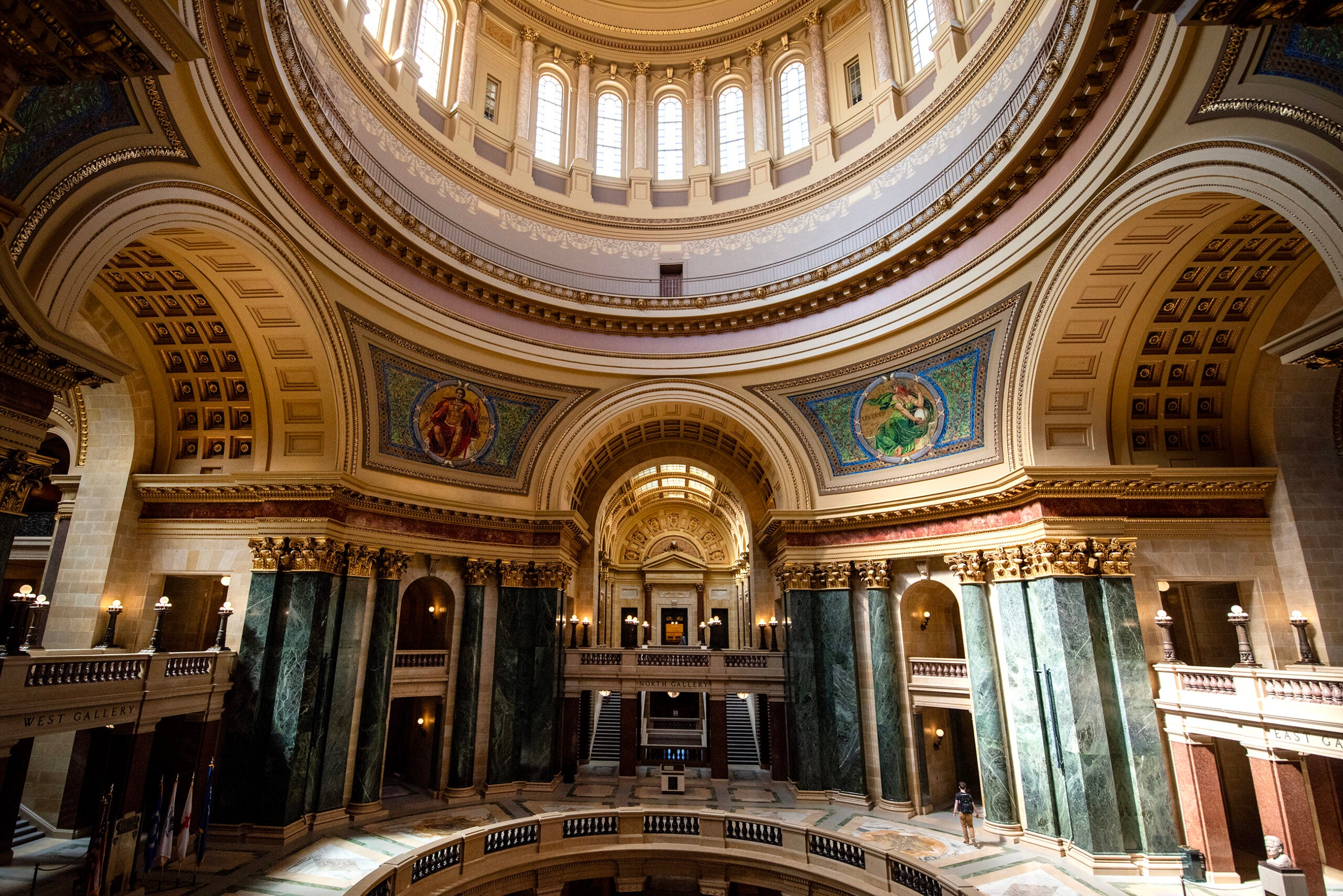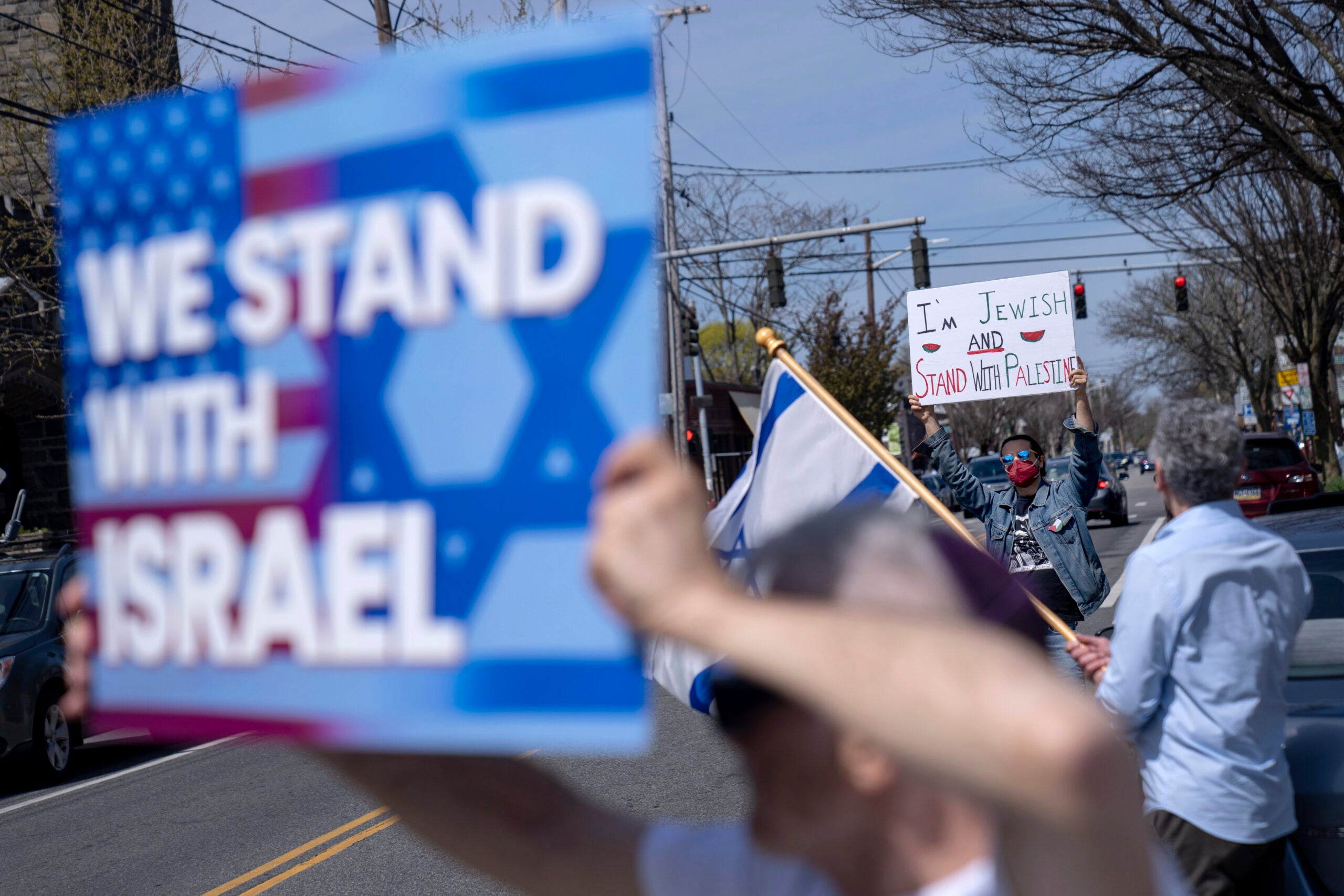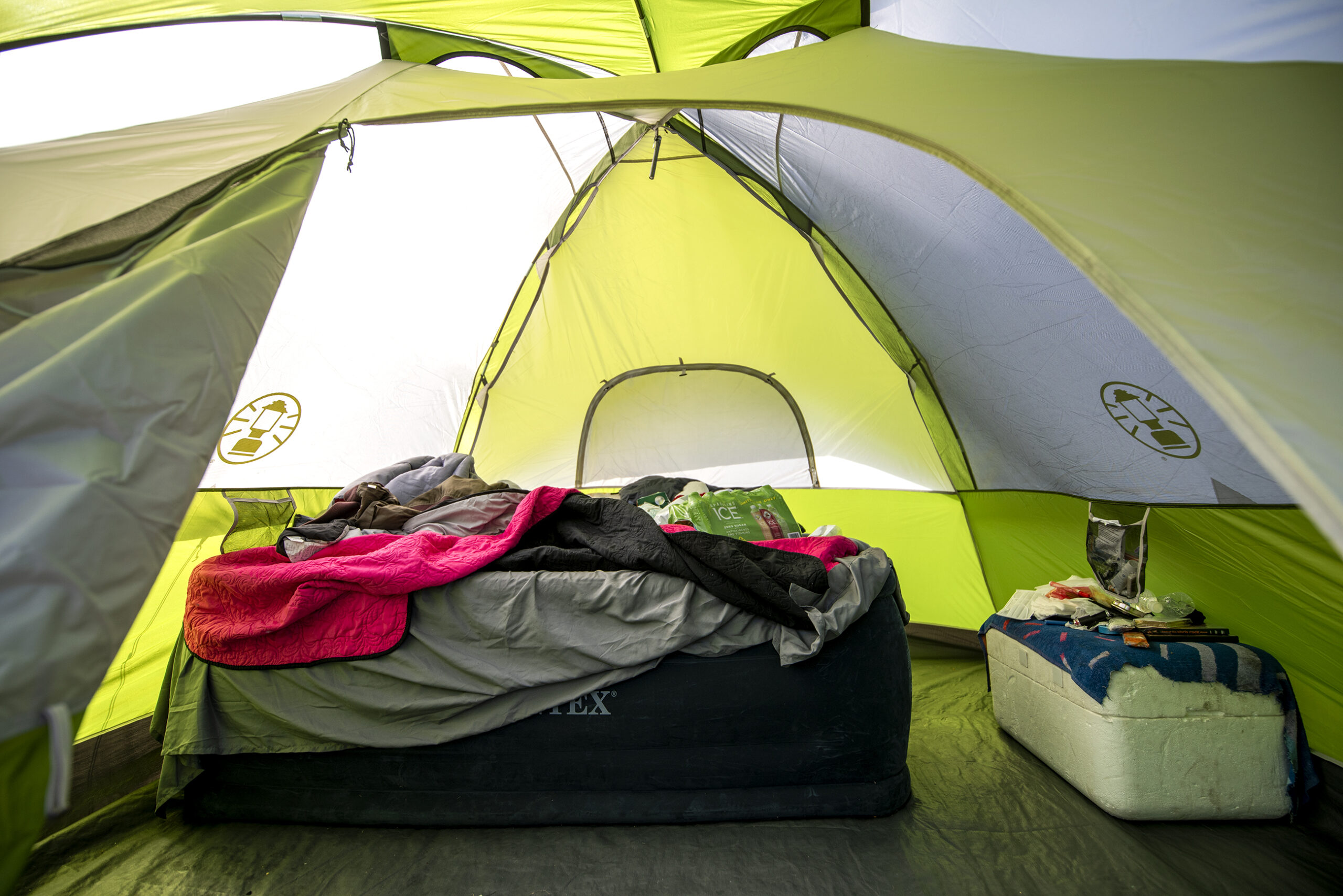The head of the American Civil Liberties Union of Wisconsin said she is personally not a fan of cancel culture, and she added Monday that banning books or topics about racism is “absolutely unacceptable and literally governmental overreach.”
Melinda Brennan, who became executive director of the ACLU of Wisconsin in January, said on WPR’s “The Morning Show” that maintaining freedom of speech is one of the top priorities for the organization.
She also emphasized the importance of voting rights one day before Wisconsin will hold local elections across the state Tuesday.
News with a little more humanity
WPR’s “Wisconsin Today” newsletter keeps you connected to the state you love without feeling overwhelmed. No paywall. No agenda. No corporate filter.
READ MORE: Wisconsin library leader keeping an eye on book banning efforts nationwide
Brennan received her bachelors’ and master’s degrees from the University of Wisconsin-Milwaukee in women’s studies and sociology, respectively. Her dissertation for her doctorate from Indiana University was about white supremacy and Islamophobia in the U.S., according to an ACLU press release.
Originally from Port Washington, she said education is important to her as someone who’s the first in her family to get a master’s degree and a doctorate.
She said her work with marginalized groups sometimes means she speaks of her own experiences, or sometimes she hands the microphone to someone else who needs to be heard.
Although she doesn’t come from a legal background, she said she is “always a student” who can listen to her subject matter experts within the group that frequently handles litigation.
This interview has been lightly edited for clarity and brevity.
Lee Rayburn: Let’s begin with how you see your priorities for the ACLU in Wisconsin going forward?
Melinda Brennan: We have a lot of priorities and a very large platform. But if you’re going to ask me what the priorities are, it’s being in service to the communities of Wisconsin. You mentioned censorship and not being able to have meaningful conversations and dialogues across different groups. I think that has to be one of the top priorities: maintaining our freedom of speech.
LR: Can you see the other side of the argument: Why people would look toward infringing that speech or why they would look to protect from that speech?
MB: If we’re unable to have conversations about things that are incredibly important to us, then there’s no way for us to come together on other issues. If we can’t be informed … I’m not sure how we’re preparing children or adults for more conversations and political debate. I think to restrict and to utilize censorship as a weapon of governmental overreach only infringes on everyone’s rights. And so, unfortunately, I can’t see the other side of the argument because I’d rather preserve the right for everyone.
LR: What does that mean for hate speech?
MB: Nobody’s free speech should supersede or interfere with another person’s pursuit of their own rights, liberties or dignity. Hate speech is not actually covered; it’s a violation of the freedom of expression because it’s meant to hurt and incite violence. So, freedom of speech is wide-ranging, and it’s something that we should all avail ourselves of. But the moment when it becomes meant to rob someone of their dignity or to cause harm to that person, well, then that’s no longer covered.
LR: How does cancel culture fit in with all this?
MB: Let me first answer just as me without my ACLU hat on: I am not personally a fan of cancel culture. The reason is I’d rather have conversation. I would rather be able to hold people accountable but still remain engaged in conversation. For me, cancel culture literally means one side becomes so loud that the other can’t speak at all. And I’m not sure that, other than in very limited applications, that’s helpful.
If, for example, we’re talking about cancel culture by trying to hold a company or a very large organization accountable by saying over and over again, “We’d like you to address acts, and we don’t believe you have adequately” — that’s one thing. That’s calling someone to account. That’s not necessarily cancel culture because you’re hoping that they’ll respond.
In terms of the ACLU, I don’t think the ACLU has a particular view on cancel culture. I think the answer really has to be: It’s a matter of freedom of speech, so people should be free to express their speech from government intervention or overreach.
LR: How does the ACLU decide when to take up cases of undocumented workers or victims of discrimination?
MB: We have a fantastic legal department, and some of their work that you are pointing toward is incredibly sensitive. We have more requests than we could ever hope to answer to because of real human limitations. There’s only so many people on the team and so many hours in the day. So, we very carefully vet the cases that come to us. Sometimes people come to us and sometimes we go to them. We try to imagine what is the likely outcome. Can we do the most good for the most people by taking on a case? And that’s why it’s called impact litigation.
There are some cases that are incredibly sensitive, particularly cases that have been informed by violence, whether it’s governmental violence or whether it’s interpersonal violence. And I would add to that as well, folks that have been violated in their engagement with the carceral system.
LR: Wisconsin is not among 30 states with laws protecting pregnant workers who require health-related accommodations. I’m wondering if the ACLU of Wisconsin is playing a role in this topic?
MB: I’m not going to comment on individual cases that may or may not be ongoing, but this is what I’ll say: I have been a person who has been fighting for other people for a very long time. Whether that means advocating for them, uplifting their voices, opening doors or having vigorous debate, people who may be marginalized, actively discriminated against or are being treated badly because of one element or factor in their life — that’s the ACLU’s wheelhouse, as well as my own personal, lifelong commitment. So, if there are folks that are being treated very badly because of an element in their life, for example if pregnancy is being weaponized against them, they should have a right to have great representation and have their voices heard in the public sphere.
LR: Elections will be across the state Tuesday. Republicans and Democrats are battling in court over rules around the use of ballot drop boxes and absentee ballots. What do you want voters to know?
MB: I want them to be able to vote. I want them to feel free from governmental intervention to stop them from voting. I want them to not be confused by having drop boxes or ballot boxes taken away from them during an election cycle. I think that was an incredibly unethical maneuver to disturb the cycle of an election, so that people were more likely to be confused and less likely to vote.
READ MORE: Absentee voting begins for Wisconsin’s April 5 election
If I’m talking about Wisconsin particularly and battleground states in general, I would say that one of my greatest concerns is voting rights because it affects every other issue that’s part of the dedicated platform of the ACLU nationally as well as in Wisconsin.
LR: Where does the ACLU stand on removing books from school curriculum or banning the teaching of subjects, such as critical race theory?
MB: Absolutely unacceptable and (it is) literally governmental overreach. How are students supposed to become better informed if they can’t have conversations about race? Explain to me how students who are young students of color never see representation? How will that benefit them? To frame that race, gender and sexuality are divisive concepts is literally oppressive and censorship, which does nothing to handle the kinds of conversations and reforms that we need to have going forward.
READ MORE: Wisconsin school board races have gotten more attention this cycle—and more money
Wisconsin Public Radio, © Copyright 2026, Board of Regents of the University of Wisconsin System and Wisconsin Educational Communications Board.

